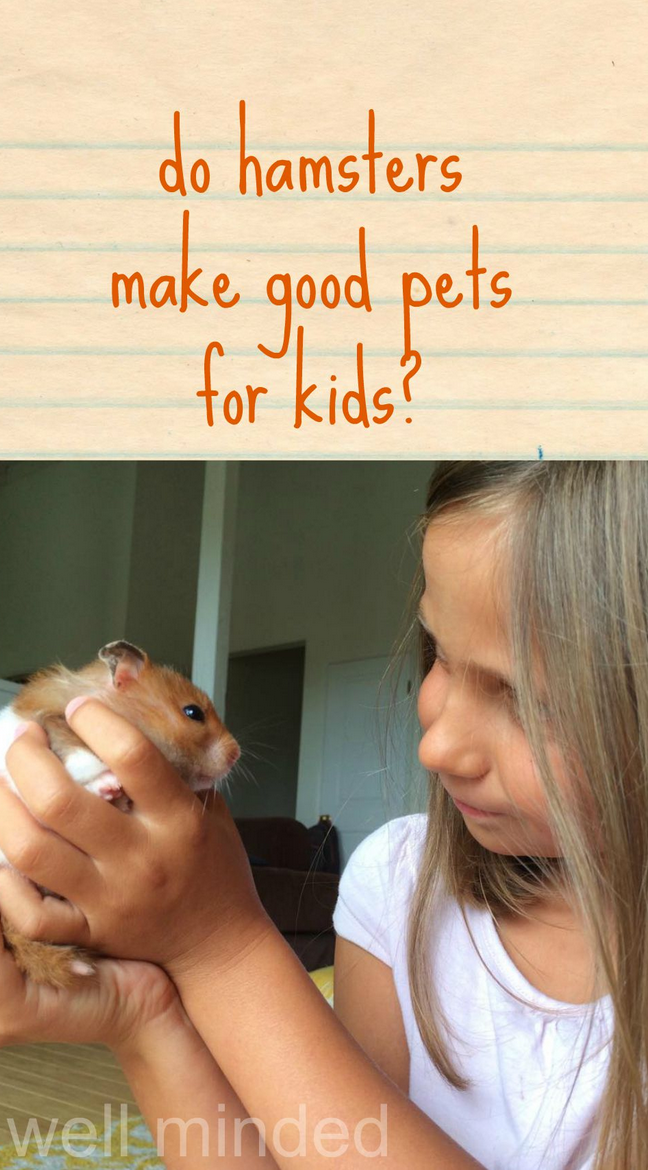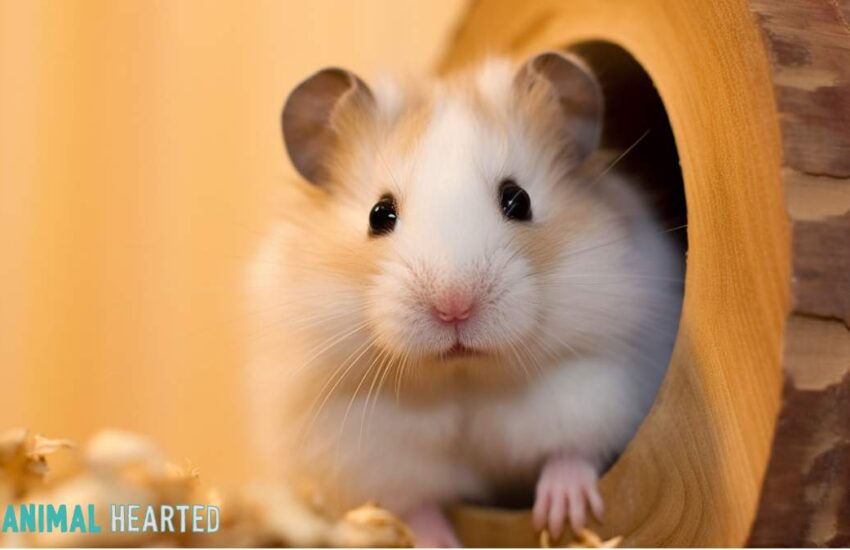Best Hamsters for Kids’ Responsibilities
Hamsters have gained significant popularity as pets for children. These small, fluffy creatures can bring immense joy and teach kids valuable lessons in responsibility and care. However, not all hamster breeds are ideal for young pet owners. Some require more care, handling, and love than others. In this article, we will explore the best hamsters for kids, factors to consider when choosing a hamster, and how to ensure that the little ones are responsible pet owners.
Why Choose a Hamster as a Pet?
Choosing a hamster can be an excellent option for kids for various reasons. Not only do they have charming personalities, but they also have specific care requirements that can teach children about responsibility. Hamsters are small, relatively low-maintenance pets that require adequate handling and gentle care. This makes them suitable pets for children who are ready for the commitment.
Factors to Consider When Choosing a Hamster
1. Size and Space
Hamsters come in various sizes, and their housing requirements depend on their breed. It’s essential to consider the available space in your home. Larger breeds usually require more extensive cages for their activity.
2. Lifespan
Hamsters typically live 2 to 3 years. This shorter lifespan can be suitable for kids as they can learn to care for a pet in a manageable timeframe. However, it also teaches them about loss and grief, essential life lessons.
3. Temperament
Some hamsters are friendlier than others. Children should select a breed known for its gentle nature. A hamster’s temperament can make a significant difference in how much a child enjoys interacting with their pet.
4. Activity Level
Different hamster breeds have varying activity levels. Some are nocturnal, meaning they are most active at night, while others are diurnal. Understanding these habits helps children know when to engage with their pets.
The Best Hamsters for Kids
1. Syrian Hamster
The Syrian hamster, also known as the golden hamster, is ideal for children. They are friendly and relatively easy to handle, making them perfect first pets. Syrian hamsters are solitary, so each one needs its own home. They are also less skittish than other breeds, which helps kids bond with them easily.
2. Dwarf Hamster
Dwarf hamsters come in various types, including Campbell’s and Roborovski. These hamsters are smaller in size and can be kept in pairs if they are both the same sex. They are social creatures but might be a bit nippy, so it’s crucial to teach children how to handle them properly.
3. Chinese Hamster
Chinese hamsters are known for their unique appearance and gentle disposition. They are slightly smaller than Syrian hamsters and can be social when handled frequently. They are suitable for older kids who can be taught the proper handling techniques to avoid stress for the pet.
Teaching Kids Responsibility
1. Daily Care
It’s essential to involve children in daily care tasks like feeding, watering, and cleaning. Young pet owners can learn valuable lessons about commitment and routine, which are crucial elements of pet ownership.
2. Understanding Behavior
Encourage kids to observe their hamster’s behavior. Understanding their pet’s habits can help children learn to recognize when something might be wrong. For instance, a hamster that is unusually inactive may signal a health concern.
3. Grooming
Although hamsters generally groom themselves, they do need occasional maintenance and cleaning. Teaching kids how to help care for their hamster will deepen their connection with their pet and increase their respect for animals.
The Importance of Education
Before bringing a hamster home, it’s crucial to educate children about the responsibilities involved with pet ownership. A great resource for this is articles and guides that provide comprehensive insights into hamster care. For instance, this article offers valuable tips for maintaining your pet’s health and happiness.
Conclusion
Hamsters can be great companions for kids while teaching them valuable lessons in responsibility and empathy. By selecting the appropriate breed and emphasizing the importance of care, children can develop an appreciation for animals and learn about commitment. With the information provided above, parents and children alike can ensure that their new furry friend receives the love and care necessary for a happy life. Education is key, so make sure to explore resources such as this article for further insights into hamster care. A happy hamster means a happy household!

